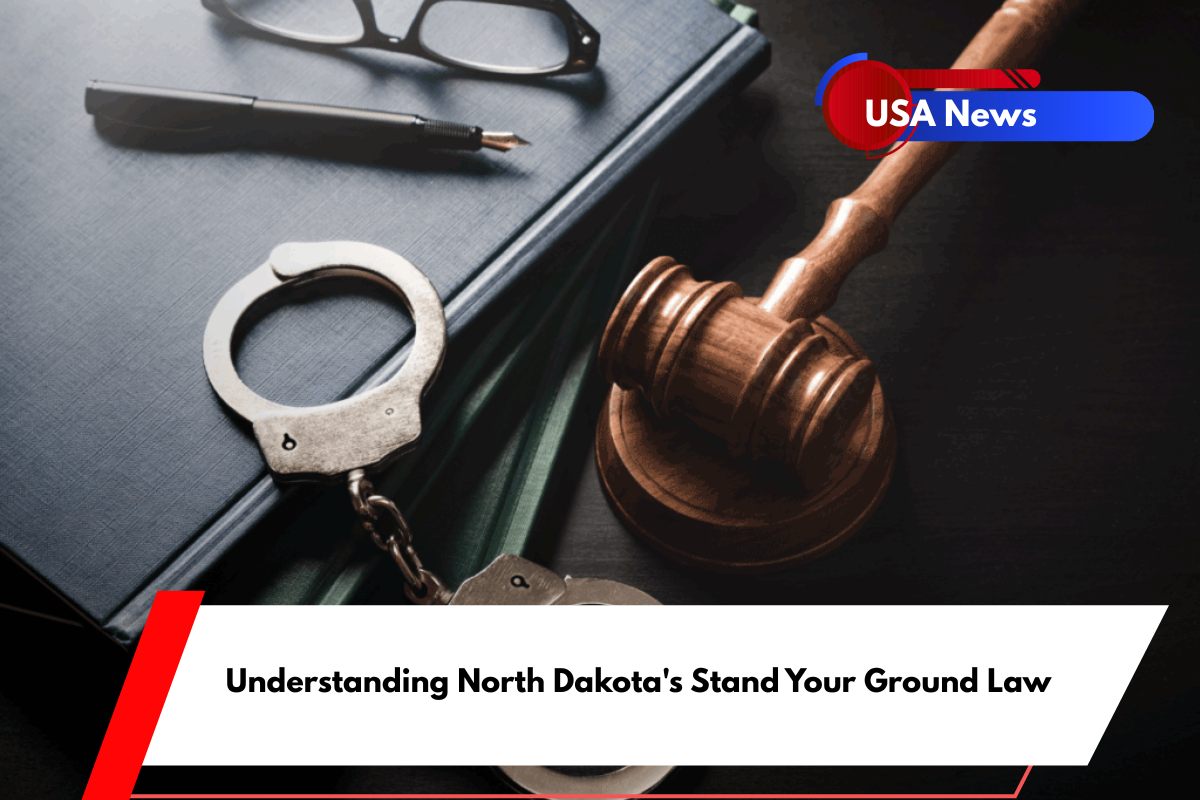North Dakota’s Stand Your Ground law, which took effect August 1, 2021, significantly changed the state’s approach to self-defense. Before this law, North Dakota generally required individuals to retreat or avoid using force in public spaces if they could do so safely, except in their homes (the Castle Doctrine).
Key provisions of North Dakota’s Stand Your Ground law include:
No Duty to Retreat: Individuals are not required to retreat before using force, including deadly force, if they are in a place they have a legal right to be, are not engaged in unlawful activity, and have not provoked the confrontation.
Castle Doctrine: North Dakota’s Castle Doctrine allows the use of reasonable or deadly force to defend oneself in their home, workplace, or occupied vehicle without the obligation to retreat.
Use of Force Must Be Necessary and Appropriate: The law explicitly states that individuals cannot use more force than is necessary and appropriate under the circumstances. Deadly force is only justified if there is a reasonable belief it is necessary to prevent imminent death or serious bodily injury.
Immunity from Civil Liability: Individuals who use force in self-defense, when justified, are generally immune from civil lawsuits.
Presumption of Fear: If someone uses deadly force against an intruder who is unlawfully and forcibly entering or has entered a dwelling, workplace, or occupied vehicle, there is a legal presumption that the individual reasonably feared imminent peril of death or serious bodily injury. However, this presumption can be rebutted in court.
Important Limitations and Considerations:
Excessive Force: Using more force than necessary, especially against an unarmed person or someone who is no longer a threat, can result in criminal charges. Courts apply a “reasonable person” standard to evaluate the appropriateness of the response.
Provocation: Starting a fight or provoking an attack weakens or eliminates the right to claim self-defense.
After the Threat Ends: Continuing to use force after the threat has ended (such as pursuing a fleeing attacker) can be considered excessive and illegal.
Property vs. Life: Deadly force is generally not justified to protect property alone; it is only permitted to protect against threats to life or serious bodily harm.
Sources:
1. https://crateclub.com/blogs/loadout/what-self-defense-weapons-are-legal-in-north-dakota
2. https://www.justia.com/criminal/defenses/stand-your-ground-laws-50-state-survey/
3. https://ndlegis.gov/cencode/t12-1c05.pdf













